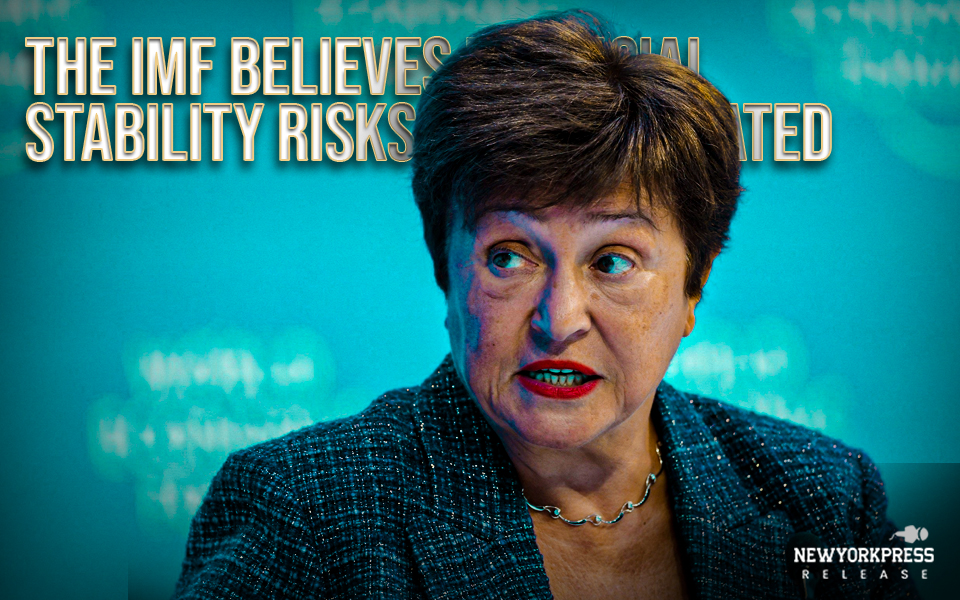On Sunday, threats to financial stability have grown and continued vigilance is needed, even though actions by advanced economies have relieved market stress, stated International Monetary Fund chief Kristalina Georgiva.
The IMF managing director shared her perspective that 2023 would be another testing year, with global growth plunging to below 3% due to the pandemic wounds, the war in Ukraine and monetary tightening.
Even with a stronger projection for 2024, global growth would remain considerably below its historical average of 3.8%, she stated at the China Development Forum.
The IMF, which anticipates global growth of 2.9% this year, will provide revised projections next month.
Georgieva stated that authorities in industrialized economies have responded aggressively to financial stability issues in the aftermath of bank failures, but that vigilance is still required.
“So, we continue to monitor developments closely and are assessing potential implications for the global economic outlook and global financial stability,” she stated. She added that the IMF was focusing on the most vulnerable countries, particularly low-income countries with high levels of debt.
She also cautioned that geoeconomic fragmentation might lead to the globe being divided into opposing economic blocs, culminating in “a dangerous rift that would render everyone poorer and less secure.”
Georgieva stated that China’s robust economic recovery, with estimated GDP growth of 5.2% in 2023, provided some optimism for the global economy, with China accounting for around one-third of global growth in 2023.
As per the IMF, every percentage point boost in GDP growth in China leads to a 0.3 percentage point improvement in growth across other Asian nations, she added.
She encouraged Chinese officials to try to boost productivity and rebalance the economy away from investment and toward more sustainable consumption-driven development, especially through market-oriented reforms to level the playing field between the private sector and state-owned enterprises.
According to Georgiva, such measures could boost the GDP by almost 2.5% by 2027 and by approximately 18% by 2037.
She stated that rebalancing China’s economy will also help Beijing attain its climate goals because shifting to consumption-led development would lower energy demand, emissions, and improve energy security concerns.
She claims doing so will decrease carbon dioxide emissions by up to 15% over the next 30 years, resulting in a 4.5% reduction in worldwide emissions over the same time period.




